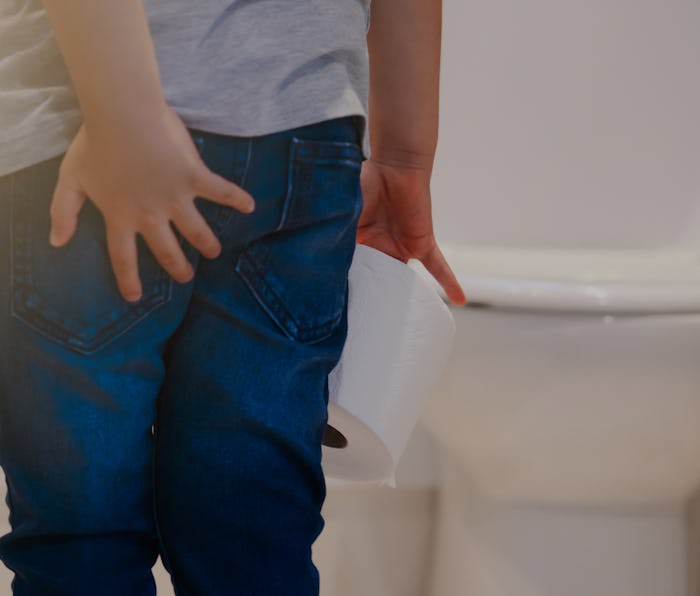Health
This smart toilet can recognize you by your 'analprint'
A useful gadget for some and a privacy nightmare for all.

Apparently, anuses are like snowflakes and a smart toilet would like to identify you by yours. The toilet stems from work at Dr. Sanjiv "Sam" Gambhir’s lab at the Stanford University Medical Center. It could do well with people with gastrointestinal issues while identifying a wider range of disease markers.
Let me count the ways this toilet is creepy — On its face, the toilet is a great idea with a stern medical purpose. The different components look for disease markers in stool and urine ranging from kidney failure to various cancers. Unfortunately, it gets really personal to do so.
The least invasive feature is the uranalysis where little strips can currently identify 10 biomarkers. For even more in-depth data, the toilet takes video to determine factors like flow rate, stream time, total volume, and stool consistency.
So now you might be thinking, okay, a camera in the bowl; I could possibly get used to that if assured it was facing down, for science! After all, more than half of 300 people researchers surveyed felt 'somewhat' to 'very comfortable' with the device.
But researchers want to be able to tell different users apart. They accomplish this with a fingerprint sensor on the flush lever as well as an anal scan. The scan isn’t shared with anyone, not even you, but the rest of the data is naturally stored in the cloud. Just to keep you on track, there are four cameras total: two "uroflow" cameras, a stool camera, and an anus-scanning camera.
The team added this feature as a way around, for example, caregivers/parents flushing the toilet for someone else and auto-flush toilets. It does present an interesting predicament for people who stand to urinate, though a fingerprint-only option seems likely.
It has potential — Down the line, a version of this technology could have even more widespread uses. Instead of just looking for heavy-hitters like prostate cancer, it could offer pregnancy tests and more complex stool analysis. The main question you have to consider is: are you ready for your closeup?